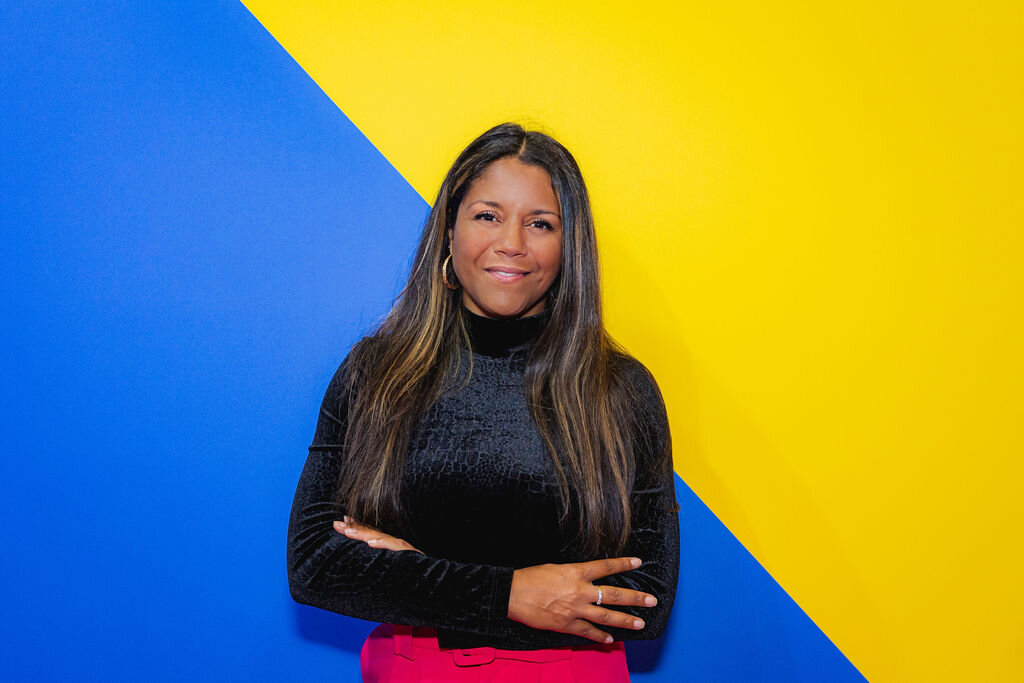Gabby Austen-Browne, co-founder, Diversity Ally, says whilst London’s diversity demonstrates the best of Britain, some communities are missed.
Being British is not about whether you were born here, or whether your parents were born here.
For me, being British is that common bond and sense of pride we have around the diverse, yet collective, identities that make up our country.
Perhaps I am biased, but to me, our capital city demonstrates the very best of Britain. I love how welcoming it is to diverse communities and believe it is all the better for it. London is the most multicultural city in Europe, where more than 200 languages are spoken, with communities from all around the world and from all walks of life, choosing to make the capital city their home.
Without a doubt, these communities have contributed to its growth and success, filtering this success to the rest of the UK.
As a country, we can be proud of how great we are at celebrating our diverse communities and cultural differences. Whether that’s through dancing on the streets and behind floats during Notting Hill Carnival, or proudly displaying rainbow flags during Pride in support of our LGBTQ+ communities, or by throwing colourful paint at each other during Holi Festival. In today’s modern world, I truly believe it’s our differences that bring us together and make us stronger.
Our responsibility
But there’s one community that can often be missed and it’s those with disabilities and accessibility needs.
About one in seven people are disabled, which equates to 15% of the global population. This not only includes visible disabilities, such as wheelchair users, it also includes invisible impairments, like bipolar disorder, and cognitive ones such as learning disabilities, Autism, or dyslexia, as well as physical ones like diabetes, cancer or HIV/AIDS.
Unfortunately, disabled people continue to face barriers when attending events and in wider society. Yes, there are ongoing improvements in access for those with physical disabilities, particularly with regards to the transport networks, but more needs to be done within our venues, because venues have a responsibility and a duty of care to be accessible. There are many venues doing great things around accessibility, including the Barbican, Royal Museums Greenwich and Wembley Stadium.
Over the next few years we, as a sector, are going to need to work hard to take the edge off the impact of the pandemic and Brexit, and it will be more important than ever to encourage visitors and event organisers from around the world to hold events in the UK.
Of course, a large part of this will be about showing we champion diversity and are inclusive, but also that we are accessible.















